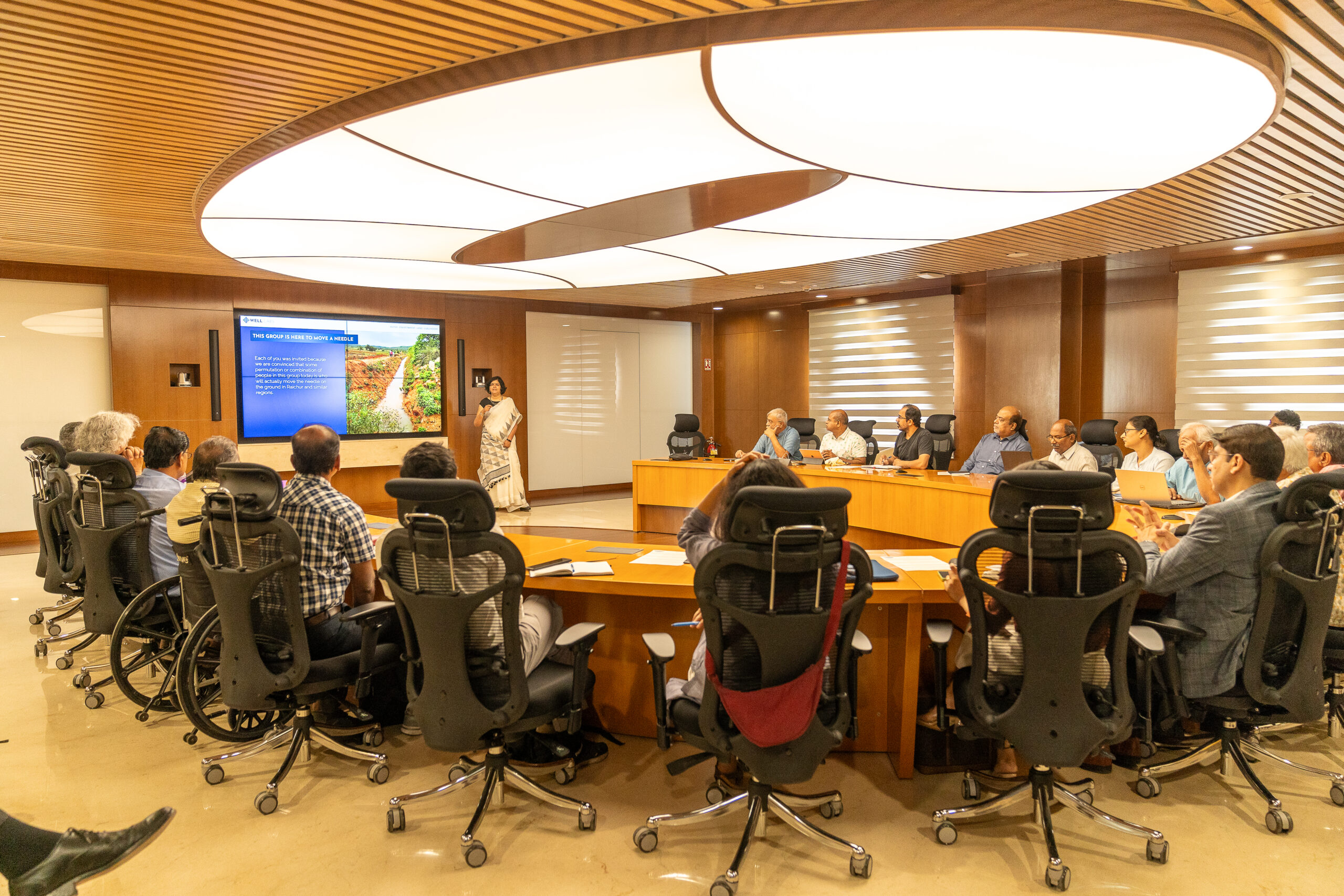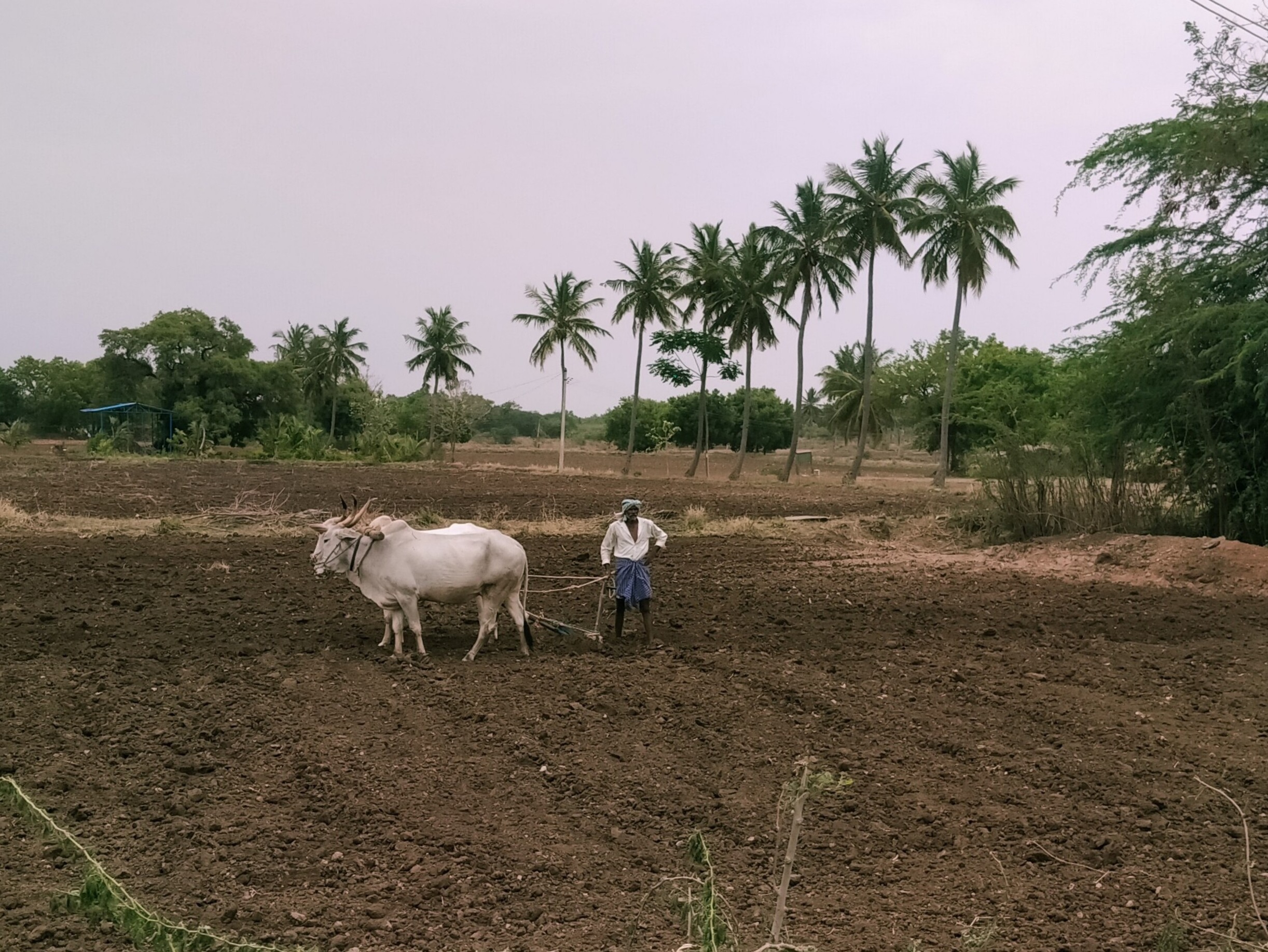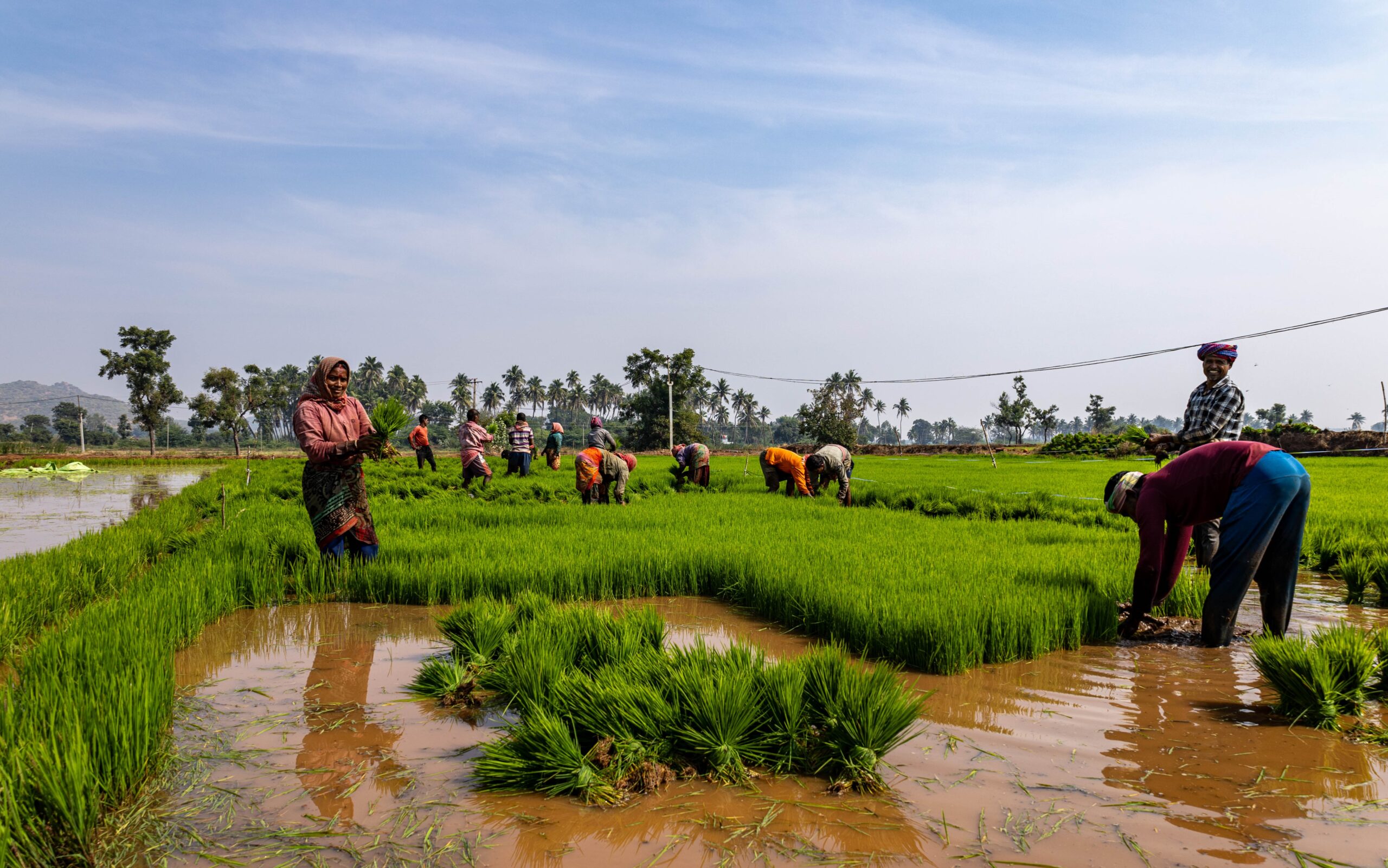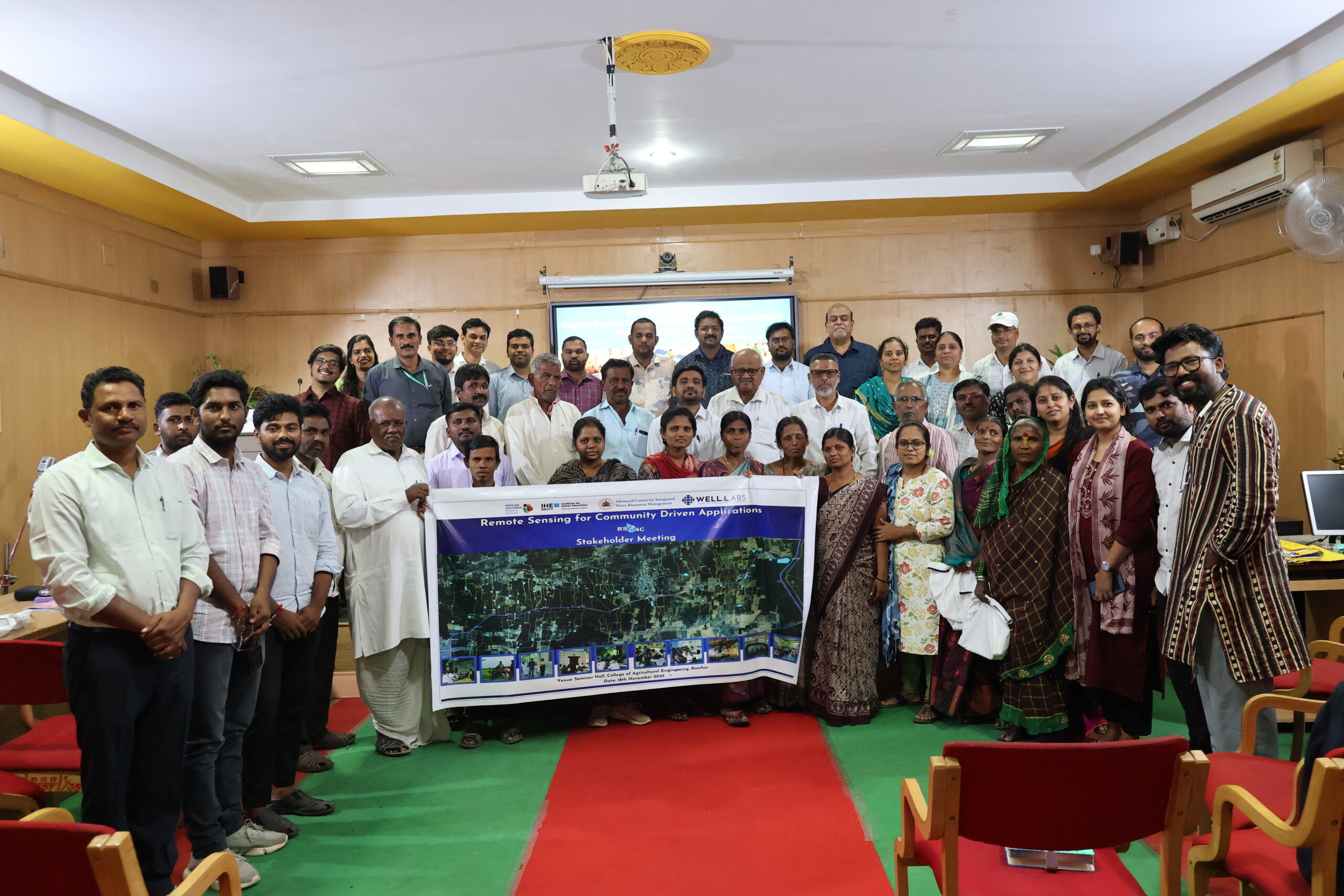Policy Brief: Augmenting Farmer Income With On-farm Carbon and Water Trade-offs
Agroecological practices such as crop diversification (intercropping, crop rotation, agroforestry, etc.) and livestock integration offer ecological benefits such as carbon and water sequestration.
In the long term, such practices often improve on-farm soil health and water use efficiency on-farm. However, civil society organisations (CSOs) that promote these practices encounter many social, economic, and institutional challenges in persuading farmers, including unclear short-term trade-offs associated with agroecological transitions.
Evidence-based economic forecasting is crucial to ensuring that farmers’ incomes are supported during transitions for improved agroecological outcomes.
In this brief, we pilot a farm-scale tool to estimate the trade-offs between farmer income, carbon storage, and water requirement across different types of farms in a semi-arid region, and suggest the following measures to better plan farm interventions:
- Provide farmers with information on farm design options
- Tailor agroecological interventions to local land use, needs, and priorities
- Develop and implement joint landscape management for ecosystem services
Fill these details to access the publication
Acknowledgements
This policy brief is the result of a collaboration between Water, Environment, Land and Livelihoods (WELL) Labs, Sustainable & Healthy Food Systems (SHEFS) and Ashoka Trust for Research in Ecology and the Environment (ATREE).
Janapara Foundation facilitated the field research in Chintamani, Chikkaballapur district.
Design by Srilakshmi Vishwanathan
Edited by Ananya Revanna
Published by Anika Choudhary
If you would like to collaborate with us outside this project, write to us. We would love to hear from you.
Follow us and stay updated about our work:




